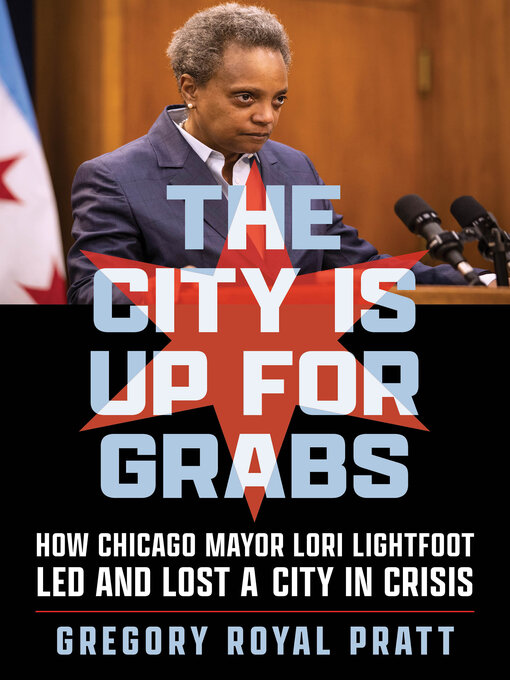"Gregory Pratt had a rare front-row seat to the passions, problems, peculiarities, hopes, disappointments, shenanigans, and pettiness in the drama and farce that was Lori Lightfoot's uneasy tenure on the fifth floor at City Hall. What he delivers on these pages takes us backstage to give us a powerful, incisive portrait of the woman, the details of her mayoralty, and the many players who shared the stage." —Rick Kogan, Chicago Tribune reporter and author of A Chicago Tavern
Crime is up, schools have repeatedly shut down due to conflict between City Hall and the powerful teachers' union, and COVID-19 only deepened the entrenched poverty, institutional racism, and endless tug of war between the city's haves and have nots.
For four years, the person at the center of this storm was Lori Lightfoot. A groundbreaking figure—the first Black, gay woman to be elected mayor of a major city and only the second female mayor of Chicago—she knew the city was at a critical turning point when she took office in 2019. But the once-in-a-lifetime challenges she ended up facing were beyond anything she or anyone else saw coming.
Chicago Tribune reporter Gregory Royal Pratt offers the first comprehensive behind-the-scenes look at the tumultuous single term of Mayor Lightfoot and the chaos that roiled the city and City Hall as she fought to live up to her promises to change the city's culture of corruption and villainy, reform its long-troubled police department, and make Chicago the safest big city in America.
Some of Chicago's problems can be explained by forces greater than the mayor: national polarization, long-standing cultural and racial tensions, our plague years. But some are the result of Lightfoot's poor leadership at City Hall, a story that hasn't been told in full—until now.


